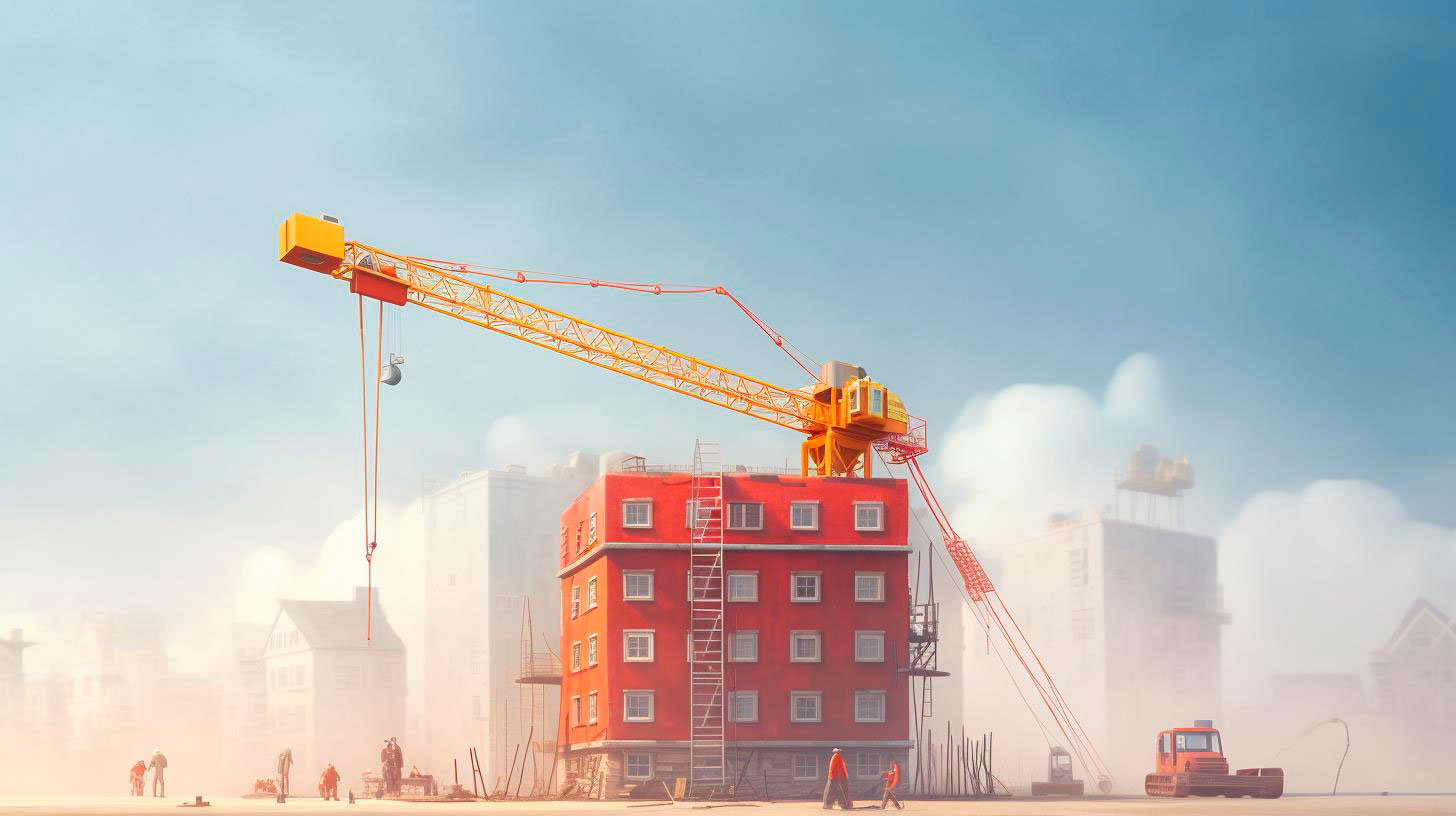Wind Turbine Challenges and Opportunities in Developing Countries
However, while developed countries have made substantial progress in harnessing wind power, developing countries face unique challenges in their efforts to adopt this technology. In this article, we will explore the challenges and opportunities of wind turbines in developing countries.
Challenges Faced by Developing Countries
Lack of Infrastructure: Developing countries often lack the necessary infrastructure to support the installation and maintenance of wind turbine systems. This includes insufficient power transmission and distribution networks, making it difficult to integrate wind power into the existing grid.
Limited Financial Resources: Wind turbine systems require a significant upfront investment, which many developing countries struggle to afford. Limited financial resources make it challenging to finance the construction and operation of wind farms.
Lack of Awareness and Technical Skills: Many developing countries have limited knowledge and technical skills when it comes to wind energy. This lack of awareness can hinder the development and implementation of wind turbine projects.
Inadequate Policy Frameworks: Developing countries often lack a comprehensive policy framework that supports renewable energy initiatives. Without clear regulations and incentives, it becomes challenging to attract investors and promote the growth of wind power.
Variable Wind Resources: Wind resources vary significantly from one location to another. Developing countries may struggle to identify suitable wind-rich areas for wind turbine installation, which can limit the effectiveness of these systems.
Opportunities for Wind Turbines in Developing Countries
Energy Independence: Wind power offers developing countries an opportunity to reduce dependence on imported fossil fuels. By harnessing wind energy, countries can achieve greater energy independence and improve their energy security.
Job Creation: The wind energy sector has the potential to create a substantial number of jobs in developing countries. From manufacturing and installation to maintenance and operation, wind turbine projects can provide employment opportunities and boost local economies.
Mitigating Climate Change: Developing countries often bear the brunt of the adverse effects of climate change. By investing in wind power, these countries can significantly reduce greenhouse gas emissions, contributing to global efforts to combat climate change.
Technology Transfer: Wind turbine projects in developing countries can facilitate the transfer of advanced wind energy technologies from more developed regions. This knowledge transfer can help bridge the technical skills gap and promote local expertise in wind power.
Rural Electrification: Wind turbines have the potential to bring electricity to remote and off-grid communities in developing countries. This can have a transformative impact on the lives of people, improving access to education, healthcare, and economic opportunities.
Conclusion
While developing countries face various challenges in adopting wind turbines, there are significant opportunities for growth and development. By addressing infrastructure limitations, improving financial resources, and implementing supportive policy frameworks, these countries can overcome barriers and harness the potential of wind power. The benefits, including energy independence, job creation, and mitigating climate change, make wind turbines a compelling solution for sustainable development in developing countries.
For more information on renewable energy initiatives in developing countries, visit World Bank’s Energy Overview.
